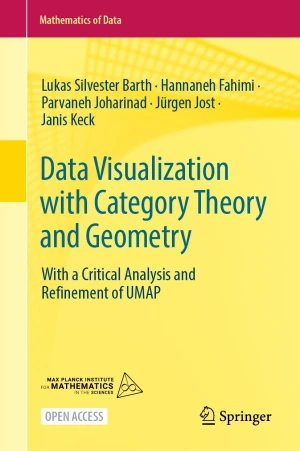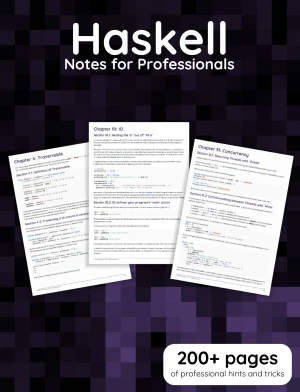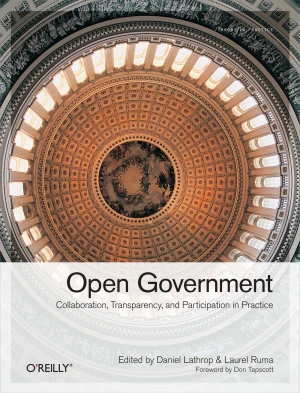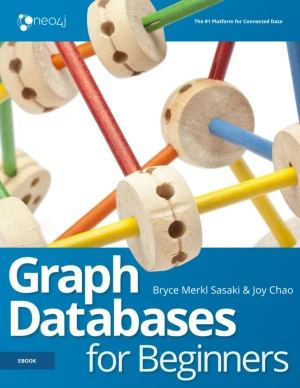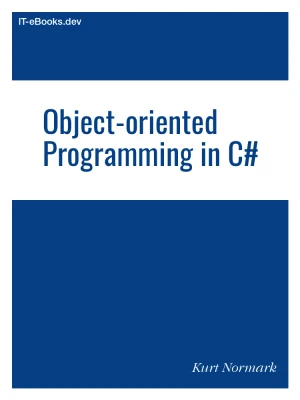Category Theory for Programmers
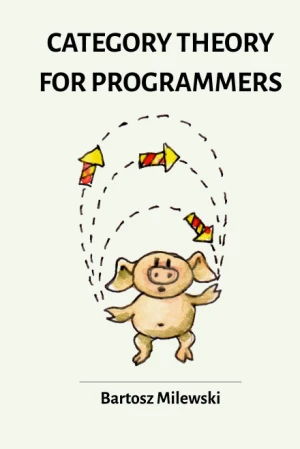
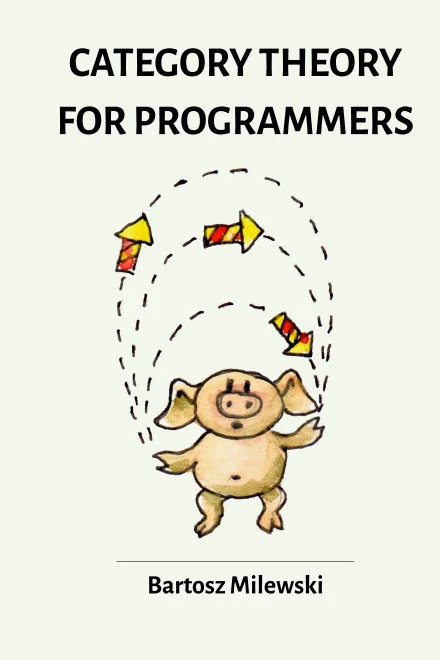
Book Details
| Author | Bartosz Milewski |
| Published | 2019 |
| Edition | 1st |
| Paperback | 498 pages |
| Language | English |
| ISBN-13 | 9780464243878 |
| ISBN-10 | 0464243874 |
| License | Creative Commons Attribution-ShareAlike |
Book Description
Category Theory is one of the most abstract branches of mathematics. It is usually taught to graduate students after they have mastered several other branches of mathematics, like algebra, topology, and group theory. It might, therefore, come as a shock that the basic concepts of category theory can be explained in relatively simple terms to anybody with some experience in programming.
That's because, just like programming, category theory is about structure. Mathematicians discover structure in mathematical theories, programmers discover structure in computer programs. Well-structured programs are easier to understand and maintain and are less likely to contain bugs. Category theory provides the language to talk about structure and learning it will make you a better programmer.
This book is available under a Creative Commons Attribution-ShareAlike license (CC BY-SA), which means that you are free to copy, distribute, and modify it, as long as you credit the original author and license any derivative works under the same terms.
If you enjoyed the book and would like to support the author, you can purchase a printed copy (hardcover or paperback) from official retailers.
Download and Read Links
Share this Book
[localhost]# find . -name "*Similar_Books*"
Data Visualization with Category Theory and Geometry
This open access book provides a robust exposition of the mathematical foundations of data representation, focusing on two essential pillars of dimensionality reduction methods, namely geometry in general and Riemannian geometry in particular, and category theory. Presenting a list of examples consisting of both geometric objects and empirical data
Haskell Notes for Professionals
The Haskell Notes for Professionals book is compiled from Stack Overflow Documentation, the content is written by the beautiful people at Stack Overflow.
Open Government
In a world where web services can make real-time data accessible to anyone, how can the government leverage this openness to improve its operations and increase citizen participation and awareness? Through a collection of essays and case studies, leading visionaries and practitioners both inside and outside of government share their ideas on how to
Graph Databases For Beginners
So someone has heard about graph databases and wants to understand what all the buzz is about. Are they just a passing trend - here today and gone tomorrow - or are they a rising tide that businesses and development teams can't afford to ignore? Whether they're a business executive or a seasoned developer, something - perhaps a pressing business ch
Information Theory for Data Science
Information theory deals with mathematical laws that govern the flow, representation and transmission of information, just as the field of physics concerns laws that govern the behavior of the physical universe. The foundation was made in the context of communication while characterizing the fundamental limits of communication and offering codes (s
Object-oriented Programming in C#
Object-oriented Programming in C# is a practical guide to OOP concepts using C#, designed for programmers with experience in imperative languages like C or Java. Originally created in 2006, it takes an "object-later" approach, first reinforcing foundational programming skills before introducing object-oriented principles. The material combines anno

